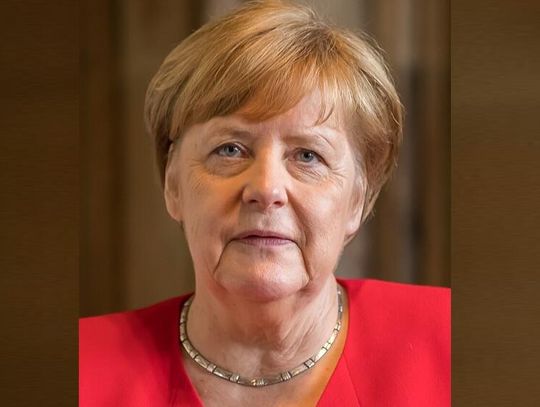President Bronisław Komorowski has signed a bill that regulates state funding for IVF treatment, although one aspect will be referred to the country's Constitutional Court.
“This bill has been awaited with hope by many Poles,” Komorowski said.
“That is why I signed it.”
The bill, which was passed in Poland's lower house of parliament on 25 June, and by the Senate on 10 July, has proved highly divisive.
Conservative opposition party Law and Justice flatly opposed the bill, as did the Roman Catholic Church.
The legislation allows for IVF treatment for infertile couples, both married or co-habiting, who have exhausted all other methods of treatment over a 12-month period.
Embryos capable of developing are not allowed to be destroyed.
The legislation follows a pilot IVF programme that was introduced in July 2013. This was done via a loophole in the law by which IVF was classified as an ordinary medical procedure such as a tonsillectomy. Over 2000 babies have been born as a result of the programme so far.
Constitutional Court
As a result of President Komorowski's intervention, the Constitutional Court will consider an aspect of the legislation concerning potential donors of gametes (mature sexual reproductive cells, eg sperm or eggs).
Under the terms of the legislation, minors and people who might be classified as incapacitated (such as leukemia sufferers) are theoretically allowed to be donors. Intensive treatment of leukemia can hinder a patient's ability to pro-create. Thus donating before it is too late can ensure the survival of healthy gametes.
However, the Constitutional Court will now analyse whether such a situation is compatible with Polish law, if a donor is potentially not capable of making an informed decision about the donation. (nh)
Photo: Franck Robichon/EPA
Reklama











